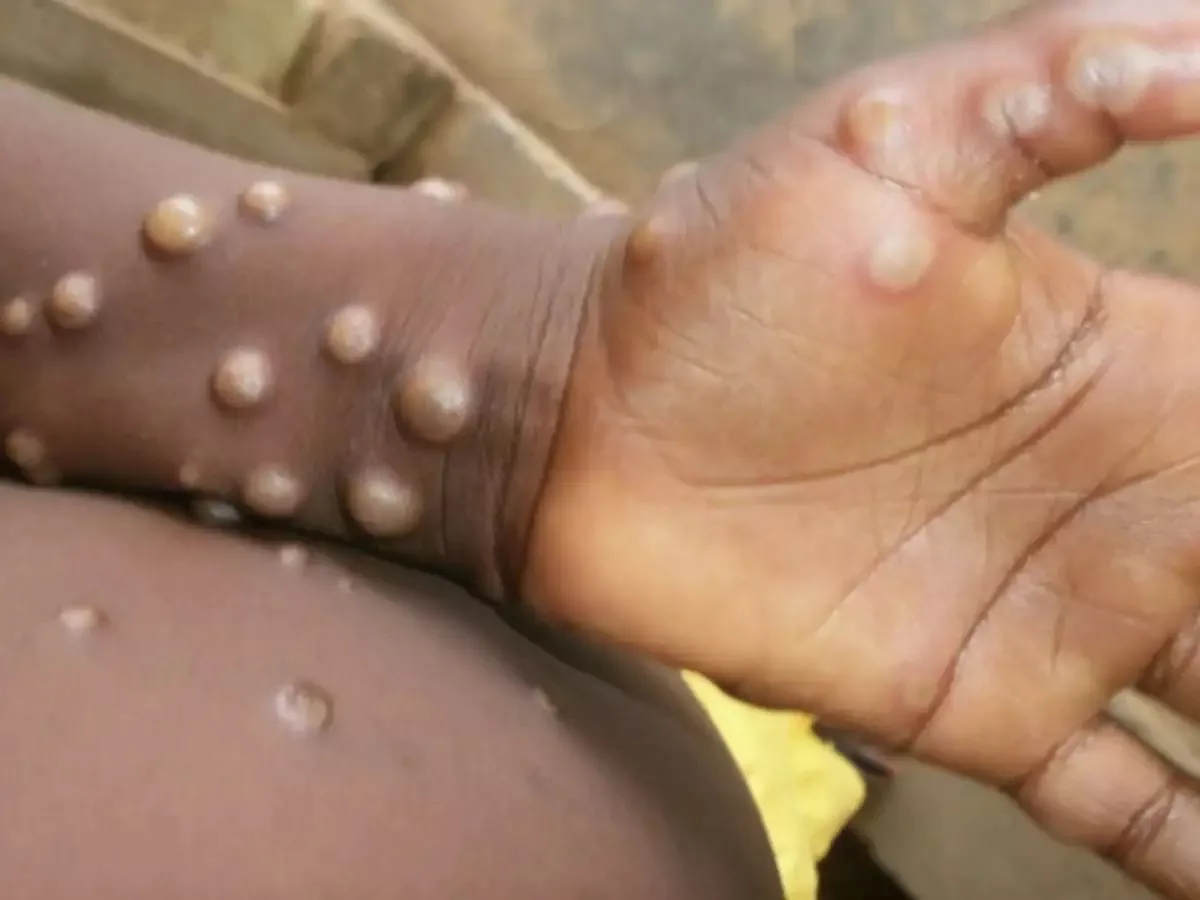The Risk Of Monkeypox Becoming A Pandemic Is Low, According To Researchers

In the midst of a monkeypox outbreak in numerous countries, researchers here have stated that the virus may be contained with robust surveillance, isolation of confirmed cases, contact tracing, and ‘off-label usage’ of smallpox vaccinations for ‘ring vaccination.’ According to the group of public health and infectious diseases researchers, the introduction of monkeypox disease in non-endemic areas serves as a warning that infectious diseases and pathogens do not respect geographical boundaries.
They stated that a health concern or new disease in one part of the world poses a challenge to the rest of the planet.
They contended that, while no cases have been recorded from India thus far, better preparation is required.

The findings were published in the prominent peer-reviewed and high-impact factor journal ‘Indian Pediatrics.’
Dr. Chandrakant Lahariya, an epidemiology and infectious diseases physician, and his colleagues conducted a review of the data for the possible appearance of monkeypox cases in contemporary settings, as well as a study of the existing therapies and vaccinations.
They also looked into the possibilities of the sickness becoming a pandemic.
The authors speculated that the fact that the majority of monkeypox cases are being found among men who have sex with men (MSM) could be linked to early care seeking by this group.
They also noted the necessity to investigate the method of illness transmission via sex, noting that sexual interaction is just a context that gives intimate physical contact, and hence an opportunity to spread.
They believe that monkeypox sickness is unlikely to become a pandemic due to a number of characteristics, the most important of which is that the virus is not new and has been present internationally for five decades.
They claim that the structure, transmission, and pathogenicity of the monkeypox virus are well understood. Furthermore, the virus produces only minor illness in most cases, as evidenced by the absence of any deaths since the outbreak’s inception, according to the paper’s authors.
The authors suggested that patients who are at high risk of problems, such as youngsters and pregnant women, be brought to the hospital for closer monitoring and clinical treatment.
If a pregnant woman has a mild and uncomplicated illness, they advise against seeking emergency hospital care. Though complex cases must be admitted immediately, they claim that the sickness is not a direct signal for Caesarean section.
“No cases of monkeypox virus and disease have been recorded from India in the ongoing outbreak; however, better preparedness is required.” Strict border monitoring, as well as early identification, isolation, and case management, are critical components of response. “The important measures are disease surveillance, contact tracing, and ring vaccination with existing smallpox vaccines approved for off-label use for monkeypox in a prioritised affected group,” they stated. According to the authors, the outbreak in non-endemic nations should be leveraged by India and other countries to increase public health surveillance and health system capacity for outbreak and epidemic preparedness.







